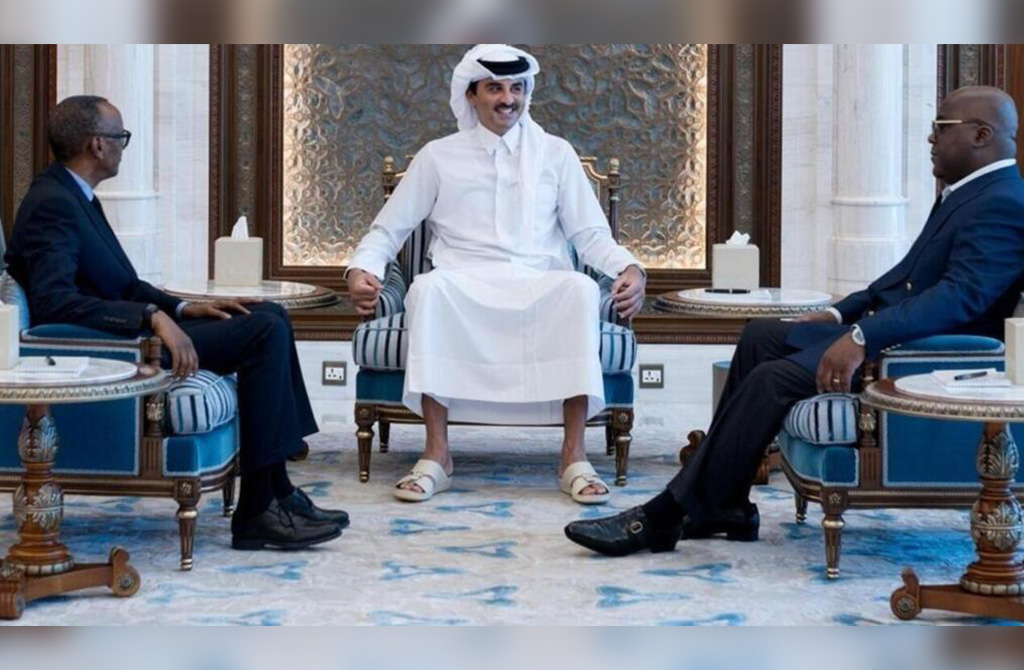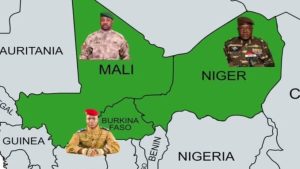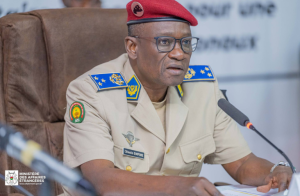DRC: The Doha Agreement faces the test of reality, between hopes for peace and the realities of conflict

Signed on July 19, 2025, in Doha, Qatar, the Declaration of Principles between the Congolese government and the AFC/M23 has sparked both hope and skepticism. Presented as a step toward a comprehensive peace agreement, expected no later than August 18, it represents a significant political breakthrough after decades of conflict in eastern Democratic Republic of Congo (DRC). However, on the ground, tensions remain high.
Before any final agreement is reached, the declaration outlines several preliminary commitments: a ban on attacks, prisoner exchanges, and the establishment of a monitoring mechanism involving regional and international actors such as MONUSCO, the African Union, the ICRC, and the United States.
One of the central—and already controversial—points concerns the fate of areas currently occupied by the M23. The declaration explicitly prohibits any attempt to conquer or alter military positions, implying a gradual withdrawal of M23 forces and the restoration of state authority.
However, interpretations of the agreement diverge sharply. The Congolese government, through its spokesperson Patrick Muyaya, declared that the withdrawal of M23 is non-negotiable. Meanwhile, the M23 offers a more cautious stance. Benjamin Mbonimpa, head of the delegation in Doha, stated, “Nowhere does it say that the AFC/M23 will withdraw.” His spokesperson, Lawrence Kanyuka, added, “We are in Goma with the population and we are not leaving.”
Meanwhile, sporadic fighting continues in the Masisi and Rutshuru territories, in North and South Kivu, calling into question the effectiveness of the ceasefire, which is supposed to take effect before July 29.
According to political analyst Bob Kabamba, the declaration remains largely theoretical: “We are agreeing on what should be done, which is not the same as committing to do it”. The fragility of the current process, worsened by the lack of provisions on key issues like access to banking services, threatens to undermine its success. The coming weeks will be crucial in determining whether the parties genuinely intend to pursue peace.






